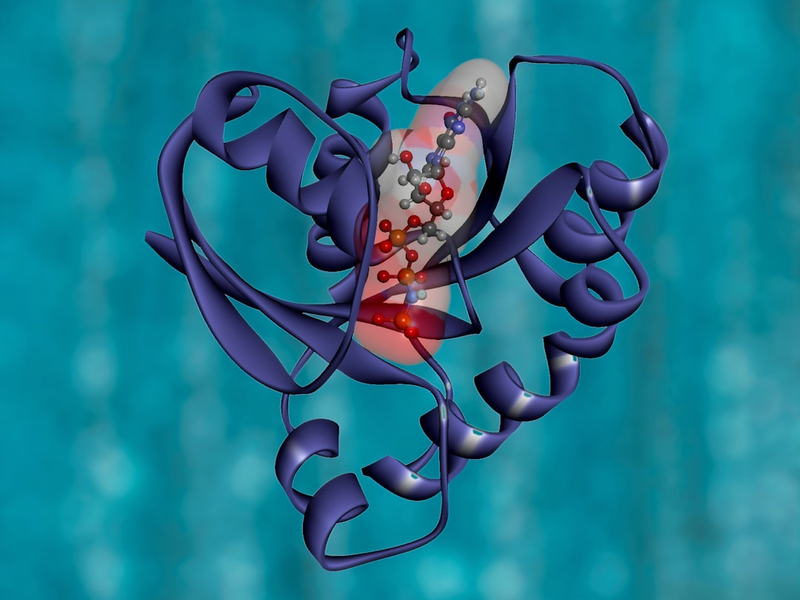Designer Babies: The Silicon Valley Tech Trend That's Raising Serious Ethical Questions

Photo by National Cancer Institute on Unsplash
In the heart of the Bay Area, a controversial new frontier of genetic technology is emerging. Startups like Orchid and Nucleus are offering couples the opportunity to screen embryos for potential health risks, promising a glimpse into their future children’s genetic predispositions.
These companies use polygenic risk scoring, a method that analyzes DNA variants to estimate the likelihood of developing various conditions. However, the scientific community remains deeply skeptical about the accuracy and implications of these tests.
Researchers argue that these scores are far from definitive. A 2023 study from University College London found that polygenic risk scores correctly identified only about 11% of people who would develop specific diseases. This uncertainty hasn’t stopped high-profile tech investors like Anne Wojcicki and Sam Altman from pouring millions into these startups.
The process involves couples submitting their DNA for comprehensive testing. Companies like Nucleus and Orchid then generate reports estimating genetic risks for conditions ranging from type 2 diabetes to mental health disorders. Some even attempt to “simulate” potential children’s health risks.
However, the lack of regulatory oversight is alarming. The FDA has largely remained hands-off, effectively making every user a test subject in this genetic experiment. This raises profound ethical questions about genetic selection and the potential for creating a genetic divide between those who can afford such technologies and those who cannot.
Currently, these tests remain controversial. Bioethicists warn that the algorithms are often opaque, and the results can vary dramatically between different companies. A single genetic test might show wildly different risk profiles depending on the provider.
As reproductive technology advances, we’re left questioning the boundaries of genetic intervention. Are we stepping into a future of “designer babies,” or simply exploring a new frontier of preventative healthcare? The answer remains complex and deeply personal.
Ultimately, while these genetic testing services offer a tantalizing promise of control, they underscore the complexity of human genetics and the unpredictability of life itself.
AUTHOR: rjv
SOURCE: SF Standard
























































